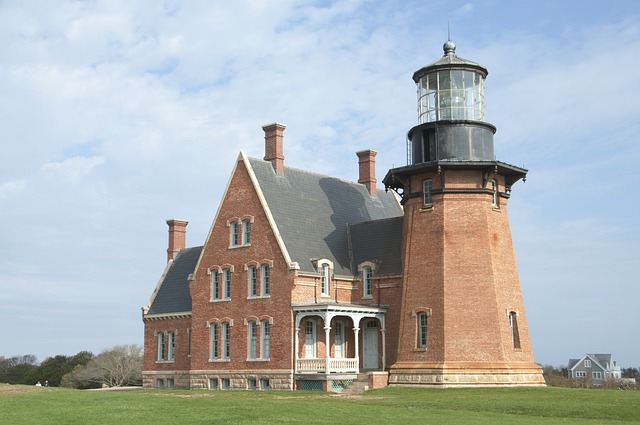In Newport, Rhode Island, registered sex offenders face stringent housing restrictions due to state laws and local zoning ordinances aimed at protecting communities, particularly near schools and public spaces. Sexual assault law firms play a vital role in guiding these individuals through the legal landscape, ensuring their rights are upheld while facilitating safe reintegration into society. By understanding these regulations, both offenders and neighbors can navigate the delicate balance between community safety and fair treatment, with qualified legal professionals from sexual assault law firms Rhode Island serving as essential guides.
In Newport, Rhode Island, housing restrictions for registered sex offenders present a complex issue. This article delves into the intricate web of regulations, community concerns, and the role of sexual assault law firms in navigating this sensitive topic. We explore who qualifies as a registered sex offender and the legal framework governing their housing choices. Understanding these dynamics is crucial for fostering informed discussions and addressing challenges faced by both offenders seeking resettlement and communities grappling with safety fears.
Understanding Housing Restrictions for Sex Offenders in Newport, Rhode Island

In Newport, Rhode Island, housing restrictions for registered sex offenders are governed by a complex interplay of state and local laws aimed at protecting communities while ensuring fair treatment for individuals who have completed their sentences. These restrictions can significantly impact where and how sex offenders may live, often requiring specialized legal advice from a sexual assault law firm in Rhode Island to navigate the regulations.
Key considerations include zoning ordinances that might exclude them from certain neighborhoods, as well as state laws that mandate minimum safety distances from schools, parks, and other areas frequented by children. Understanding these restrictions is crucial for both sex offenders seeking housing and neighbors concerned about public safety. Consulting with a qualified legal professional specializing in sexual assault law can help clarify rights and obligations under these regulations.
The Legal Framework and Sexual Assault Law Firm's Role

In Newport, as across Rhode Island, the legal framework governing housing restrictions for registered sex offenders is intricate and multi-faceted. The primary legislation lies in the Sexual Assault Law Firm’s guidelines, which dictate where and how these individuals can reside while ensuring public safety. These laws aim to balance the rights of ex-offenders with the protection of communities, often leading to stringent requirements and oversight.
A sexual assault law firm in Rhode Island plays a pivotal role in navigating this legal landscape. They assist sex offenders in understanding their housing rights and obligations, helping them find suitable accommodations that meet the legal standards. These firms also offer counseling and support services to aid clients in their reintegration into society while adhering to the stringent requirements set forth by both state law and local ordinances.
Who Qualifies as a Registered Sex Offender?

In the state of Rhode Island, individuals who have been convicted of certain sex crimes are required to register as registered sex offenders (RSOs). This includes those found guilty of sexual assault, which is taken very seriously under Rhode Island’s sexual assault law firm. The registration process involves providing personal information, such as name, address, and criminal history, to local law enforcement agencies. RSOs may face restrictions on their housing options, particularly in densely populated areas like Newport.
The criteria for qualification as an RSO are specific and include a range of offenses, with sexual assault being among the most serious. Once registered, individuals must adhere to strict guidelines regarding where they can live and work, often facing limitations on proximity to schools, parks, and other public spaces to protect vulnerable communities.
Community Concerns and Challenges with Housing Restrictions

The implementation of housing restrictions for registered sex offenders often sparks intense community debates and concerns. While many residents feel a sense of security knowing that potential perpetrators are under surveillance, others argue that these measures may inadvertently create further social isolation and stigma for individuals who have already served their sentences. This duality presents a complex challenge for policymakers and the legal system.
In Rhode Island, where sexual assault law firms play a crucial role in advocating for victims’ rights, the discussion often centers around balancing public safety with rehabilitation and reintegration. The state’s legal framework must address not only the immediate concerns of vulnerable communities but also the long-term well-being of sex offenders looking to rebuild their lives. Striking this delicate balance requires thoughtful consideration of housing policies that promote both security and compassion.






